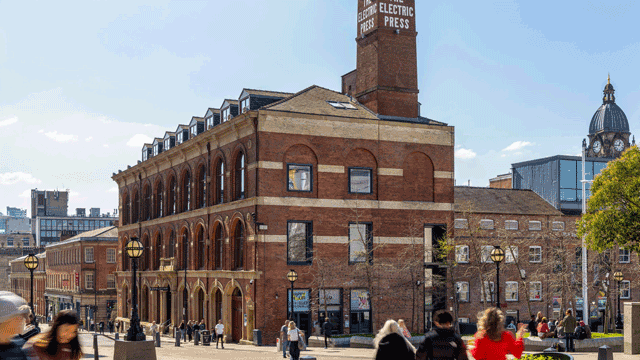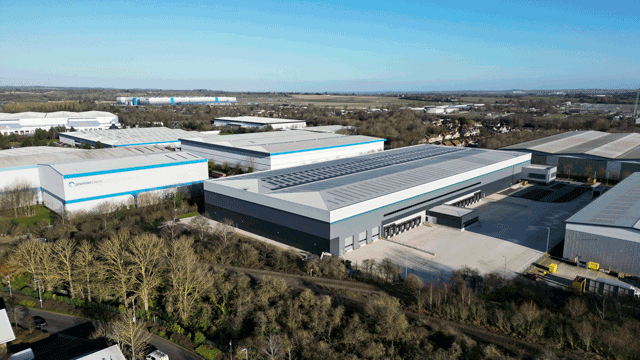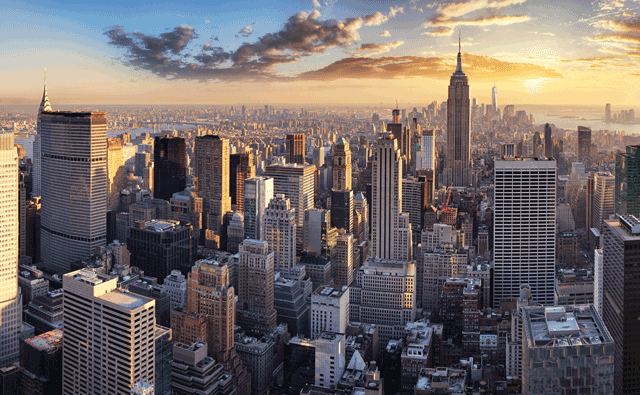Compensation claim for nuisance caused by roadworks outside hotel – Whether direct interference with land – Extent of right to compensation – Whether compensation payable for temporary interference
Wildtree Hotels Ltd, the appellants, were the assumed owners of The Harrow Hotel in Harrow. Exercising their powers under the Highways Acts and a compulsory purchase order confirmed in March 1986, the local authority, the respondents, undertook a complex road improvement scheme on the land near the hotel for a period of five years between 1989 and 1994. No land was taken from the appellants. The appellants claimed that the respondents had, as a consequence of carrying out the works, interfered with their public or private legal rights. The claim, which amounted to £1,117,600, was based on a capitalisation of the loss of rental value over the period of the works. Nuisance by noise, dust and vibration, by reason of erection of hoardings, by obstruction of access to and from the public highway and by obstruction of public highways was particularised. The claim, made under section 10 of the Land Compensation Act 1961, was heard by the Lands Tribunal which, having considered as preliminary points the legal issues arising, held that compensation was not payable. The owners of the hotel appealed.
The questions before the Court of Appeal were whether the Lands Tribunal had erred in deciding that: (1) compensation was not payable under section 10 of the Compulsory Purchase Act 1965 where an interference to some legal right, public or private, was not a direct interference to land or a right appurtenant to land; (2) where there had been an interference with some legal right, public or private, which was capable of giving rise to a claim for compensation under section 10 of the 1965 Act, the quantum of damages recoverable as compensation did not include all injurious affection attributable to and caused by the execution of works, whether or not caused by an interference, physical or otherwise, with some public or private legal right. A third question, posed on appeal at the request of the respondents, was whether the Lands Tribunal had erred in law in concluding that compensation was payable under section 10 of the 1965 Act where the interference with a legal right in respect of land or an interest in land was only temporary, and where after such temporary interference, the value of the land or the interest in the land had ceased to be affected at the valuation date.
Held The appeal was dismissed and the cross-appeal was allowed.
1. Disturbance caused by noise dust and vibration, inevitably resulting from the works, did not form the basis of a claim in the absence of their causing physical damage to the land. No reliance could be placed upon cases under the Public Health Acts where compensation was not dependent on proving damage to the value of the land. The quantum of damages recoverable under section 10 was not wider than that allowable in an action for tort and the answer to the first question was, “No”.
2. Damages recoverable for all the detrimental consequences of the works did not include damages for those consequences which would not themselves have founded an action. The appellants would have to establish loss resulting from that which, if done without statutory authority, would give rise to a cause of action. The answer to the second question was, “No”.
3. Compensation was not payable under section 10 when the interference was only temporary and where, after temporary interference, the value of the land ceased being affected by the past interference. The answer to the third question was, “Yes”.
Joseph Harper QC and Barry Denyer-Green (instructed by Caplans, of Harrow) appeared for the appellants/claimants; David Mole QC and Paul Stinchcombe (instructed by the solicitor to Harrow London Borough Council) appeared for the respondents/compensating authority.









